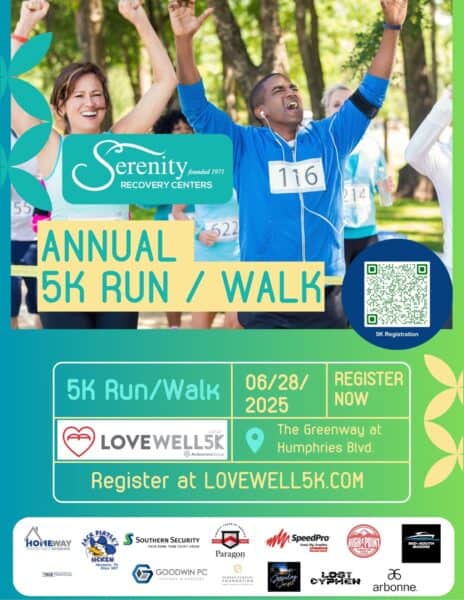When you’re in recovery, you’ll probably have a lot of free time on your hands, which can be both exciting and scary at the same time. One of the hardest things to do while in recovery is finding ways to fill your free time with productive and healthy activities, which is why it’s essential to structure your routine wisely from the beginning.
Here are three tips to help you structure your routine in early recovery.
Reflect on What You Value
Routine can be a valuable tool in early recovery, helping to provide a sense of stability and normalcy. It can also help to reduce cravings and temptation and promote healthy habits. However, it’s important to remember that not all routines are created equal. To be effective, your routine should be based on what you value.
For example, if sleep is the most important thing for you, getting enough rest may become a high priority. On the other hand, if exercise is the most important thing for you, committing to an active lifestyle could become a top priority.
Some people like to break up their day into segments with predetermined times for certain activities, like eating breakfast at 8 a.m. every morning, having lunch at noon every day, etc., while others prefer more flexibility in their schedule so they can adjust it as needed based on mood or energy levels.
Structure Your Day around These Priorities
Starting your day with a nutritious breakfast and some exercise can help set the tone for the rest of the day. From there, focus on building healthy habits into your routine – journaling, attending therapy sessions, and spending time outdoors. Make sure to schedule time for relaxation and fun activities so you don’t get overwhelmed.
For example, I try to work out at least four times a week, spend at least 20 minutes writing each day, and go outside at least once a day. In addition, many people find it helpful to map out their days ahead of time, whether by writing down what they want to accomplish that day or scheduling their week on paper.
Prioritize Tasks by Importance, Not Time
One of the most important things you can do in early recovery is to prioritize tasks by importance, not time. This means you should focus on the most critical tasks of your sobriety and recovery and not worry about how long they will take. This can help you stay focused and avoid getting overwhelmed.
Start with the most challenging task first, then work your way down the list. If a task doesn’t fit into this list of priorities, place it at the bottom now and move on to something else.
Delegate Tasks to Others If Possible
One of the best ways to reduce stress is to delegate tasks to others. In early recovery, delegating tasks is vital to focussing on your health and sobriety. Here are some tips for delegating tasks:
- Make a list of all the tasks you need to do.
- Prioritize the tasks by importance and urgency.
- Delegate the tasks that are less important and less urgent first.
Bottom Line
If you’re in early recovery, finding a routine that works for you is crucial. This may mean getting up early and going for a walk or spending time meditating before bed.
The most important thing is to find what works for you and stick to it. This will help you stay on track and avoid triggers that could lead to a relapse. It also means making sure that there are no blank spaces where you can get bored and want to engage in the behaviors again. Keep busy with friends, hobbies, work, or activities outside of the house to fill these gaps. It also means staying away from situations where drugs are being used as well as places where these substances might be available.
Finally, to stay committed to this plan, make sure that you have people who support your decision and don’t pressure you into using substances.
Need Help
Are you or a loved one struggling with alcohol or other drugs? Call us to speak confidentially with a recovery expert now: (901) 521-1131 or visit our website sere
